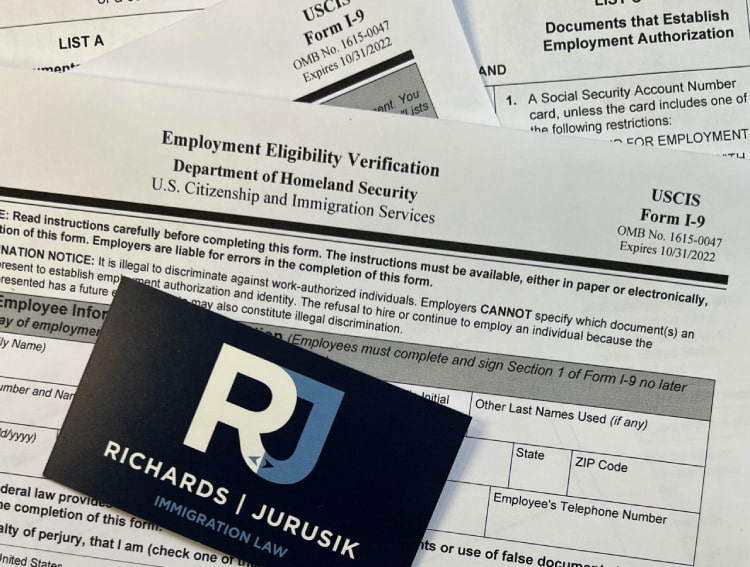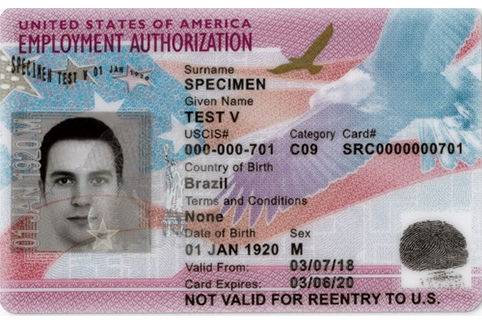Navigating the US immigration process can be complex and sometimes lengthy, with processing times varying significantly. Understanding your options if your immigration case is taking longer than expected is crucial to effectively managing your application. We explain options to verify if your case is within processing times and what you can do if it is outside regular processing times.
Checking Normal Case Processing Times
The first step is to verify whether your case is within the regular processing times. USCIS assigns a receipt number to each application, which you can use to track your case against the agency’s listed processing times. Remember, processing durations can vary widely depending on the type of application, and extended times do not always indicate a problem or delay.
Tracking Your Case Status with USCIS
You can track the status of your case using several tools provided by USCIS:
- Contact USCIS Customer Service: While often challenging, calling USCIS can sometimes expedite case inquiries. Inside the U.S., call 1-800-375-5283, and from outside the U.S., call 1-212-620-3418.
- Use ‘Ask Emma’: USCIS’s online chatbot, Emma, can provide general information about your case.
- Submit an Online Case Inquiry: If your case exceeds regular processing times, you may be eligible to submit an online inquiry through the USCIS website.
- Schedule an InfoPass Appointment: In certain situations, in-person assistance might be required, which can be requested by calling the USCIS Contact Center.
Writing a Letter to USCIS
If the above methods are ineffective, consider writing a letter directly to the supervisor of your USCIS jurisdiction. This letter should include your personal and case details and concise questions. Be respectful and transparent in your correspondence.
Seeking CIS Ombudsman Support
The Citizenship and Immigration Services Ombudsman’s Office can assist in cases where standard administrative channels have been ineffective. This office works to improve the quality and efficiency of immigration services.
Requesting Congressional Assistance
If your case is significantly delayed and you’ve exhausted all other options, your congressional representative may be able to help. They can make inquiries on your behalf and potentially expedite the processing.
Threatening Legal Action
As a more assertive measure, threatening a lawsuit against USCIS can sometimes prompt action on your case. While this doesn’t guarantee a positive outcome, it expedites decision-making.
Filing a Mandamus Action
A mandamus action can be filed in extreme cases where all other remedies have been exhausted. This legal action, a last resort, compels USCIS to fulfill its duties and decide on your immigration matter.
Navigating USCIS case delays requires patience and proactive measures. Various strategies can be employed to address prolonged processing times, from utilizing USCIS’s own tracking and inquiry systems to considering legal actions.
Subscribe to Our Resources Blog
Schedule a Consultation with an Immigration Lawyer
Citations
We Can Help!
You may have questions regarding U.S. immigration laws and visas. We invite you to contact our team at Richards and Jurusik for detailed guidance and assistance. We aim to provide the most accurate and up-to-date information to make your immigration process smoother and less stressful. The immigration lawyers at Richards and Jurusik have decades of experience helping people to work and live in the United States. Read some of our hundreds of 5-star client reviews! Contact us today to assess your legal situation.







